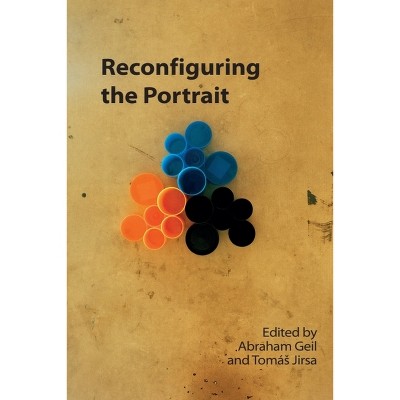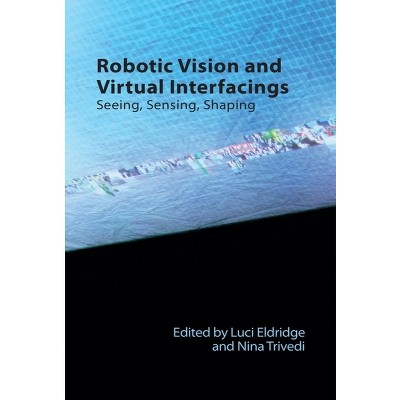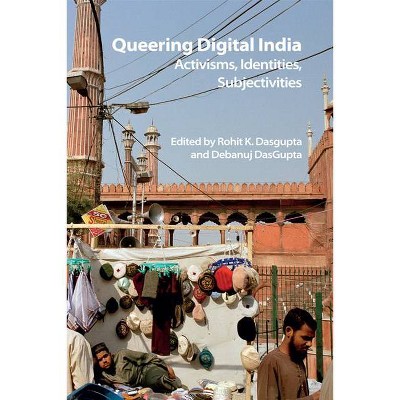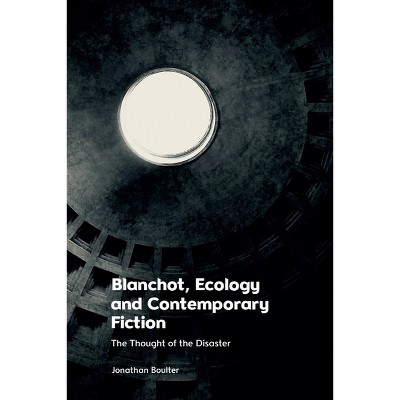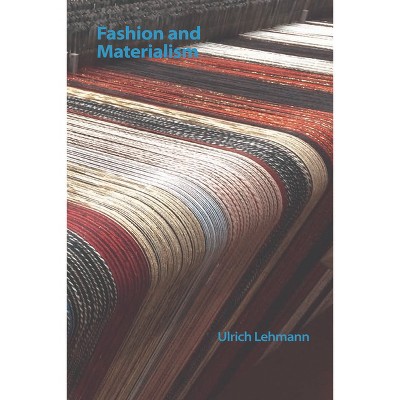Art and Technology in Maurice Blanchot - (Technicities) by Holly Langstaff (Paperback)

About this item
Highlights
- Holly Langstaff reappraises the influential French thinker Maurice Blanchot's writing from the 1940s to his late work in the 1980s, demonstrating how Blanchot's exploration of the question of technology remains decisive throughout his career.
- Author(s): Holly Langstaff
- 200 Pages
- Philosophy, Individual Philosophers
- Series Name: Technicities
Description
About the Book
Demonstrates Blanchot's ongoing importance for contemporary philosophical debate about technology, the post-human, and ecological thinking
Book Synopsis
Holly Langstaff reappraises the influential French thinker Maurice Blanchot's writing from the 1940s to his late work in the 1980s, demonstrating how Blanchot's exploration of the question of technology remains decisive throughout his career.
She situates Blanchot's fictional and critical work in the context of his thinking of art as techne - as it develops out of Martin Heidegger's philosophy. While Blanchot follows Heidegger in the view that writing is a form of techne, he never appeals for salvation from the menace of technology in the modern era. Rather, he sees in all forms of technology the opportunity for a new way of thinking beyond value. This, Blanchot calls an entirely different sort of affirmation.
Langstaff demonstrates Blanchot's ongoing importance for contemporary philosophical debate about technology, the post-human, and ecological thinking.
Review Quotes
Langstaff offers a full reappraisal of Blanchot's writing and his profound critical engagement with Martin Heidegger, specifically around the question of technology and its relation to art. She admirably and persuasively demonstrates that Blanchot's engagement with technology is decisive throughout his career and fundamentally related to his understanding of literature.-- "Ian James, University of Cambridge"
Langstaff shows the complex relationship not only between technology and nature, but also between techne and the human, especially when writing is in play: 'In its excess the fragmentary is that techne that outplays the human; it shows that the end does not always imply a new beginning but a suspended moment where nothing is final' (p. 167). This is a radically affirmative interruption, which opens onto something beyond technology.-- "Bryan Counter, Western New England University"
Maurice Blanchot is well-known for his principled refusal of mastery, power, and technique; until now, however, he has not been well-known for thinking of writing as "disobedient technology." Holly Langstaff's argument, along with her subtle readings of Blanchot's texts, and her awareness of the cultural politics of teknē, give us a new and unexpected perspective on this increasingly inescapable author.-- "Kevin Hart, University of Virginia"
Shipping details
Return details
Trending Book Pre-Orders






